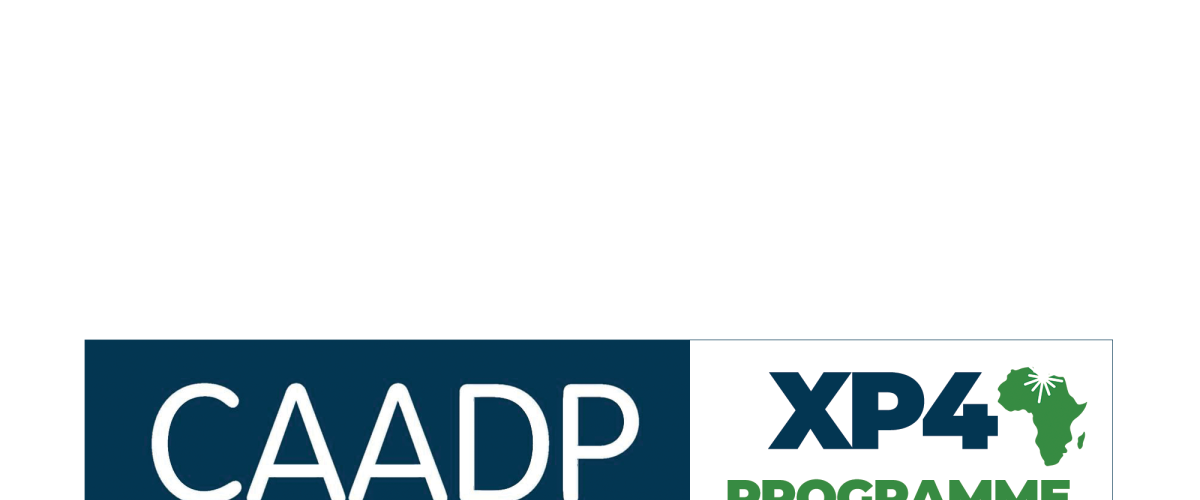
CCARDESA’s Comprehensive Africa Agriculture Development Programme ex-Pillar 4 (CAADP-XP4) project held a virtual engagement with the programme’s national focal point persons from Botswana, Eswatini, Namibia, Mozambique, Tanzania, Zambia and Zimbabwe on 7th September 2021. The purpose of the meeting was to share progress and future implementation plan and to facilitate learning in the programme.
The Program Coordinator, Dr. Baitsi Podisi during his welcoming remarks thanked the participants for sparing time off their busy schedules to attend the progress meeting. He shared the overview of the CAADP-XP4 Programme whose overall objective is to enable agricultural research and innovation, including extension services, to contribute effectively to food and nutrition security; economic development and climate mitigation in Africa. He mentioned that this will be achieved by improving the capacity, effectiveness and positioning of the regional and sub-regional agriculture research and extension organizations as well as National-Agriculture-Research-Systems, and by promoting collaboration and knowledge sharing among the organizations.
He indicated the total dependance that CCARDESA has on the focal point persons to facilitate smooth implementation of the programme at national level. He also shared the capacity development agenda that the project has of ensuring that CCARDESA staff as well as Member states are capacitated in areas where they feel inadequate. He also stressed the effects of the COVID19 on activities that could have been implemented more effectively through physical meetings but are now being mainly being conducted virtually
During the same meeting , , the CAADP-XP4 Programme Officer shared a detailed presentation on the progress made against the target. She also shared the result framework which highlighted how the project was performing. The presentation revealed that some countries did not participate in certain activities because implementation of those activities coincided with the time when COVID19 protocols imposed restrictions on meeting.
The participants were informed that since starting implementation in 2020, the project had made noticeable strides in meeting its targets. She also revealed that most of the initial work that was planned was on track with some of the activities having been completed. However, she decried the slow response of partners and the increasing fatigue for stakeholders to respond to questionnaires associated with virtual delivery.
The meeting noted the inception work which identified key needs to be addressed by project interventions such as planned capacity building interventions on policy formulation, resource mobilisation to support climate relevant innovation and collaboration with European counterparts under the facilitation of the programme. This project which promotes working together by various actors, is expected to contribute positively towards meeting the sustainable development goals and those of Malabo Declaration by enhancing working together by different stakeholders.
CAADP-XP4 Information, Communication & Knowledge Management Officer also presented on the CCARDESA learning mobile App, which houses 67 technical briefs, quizzes and knowledge products which can be accessed both online and offline. She encouraged the participants to download the App and also share it in their wider circles so that as much as possible many people can have access to the valuable resources and utilize them to make informed agricultural decisions.
The focal point persons expressed gratitude for the engagement and indicated their willingness to support the CAADP-XP4 programme to meet its mandate. They also committed to engage more in upcoming events of the programme.
The CAADP-XP4 Programme is funded by the European Union (EU) and administered by the International Fund for Agricultural Development (IFAD). It is implemented in collaboration with the African Forum for Agricultural Advisory Services (AFAAS), Association for Strengthening Agricultural Research in East and Central Africa (ASARECA), West and Central African Council for Agricultural Research and Development (CORAF) and Forum for Agricultural Research in Africa (FARA).






